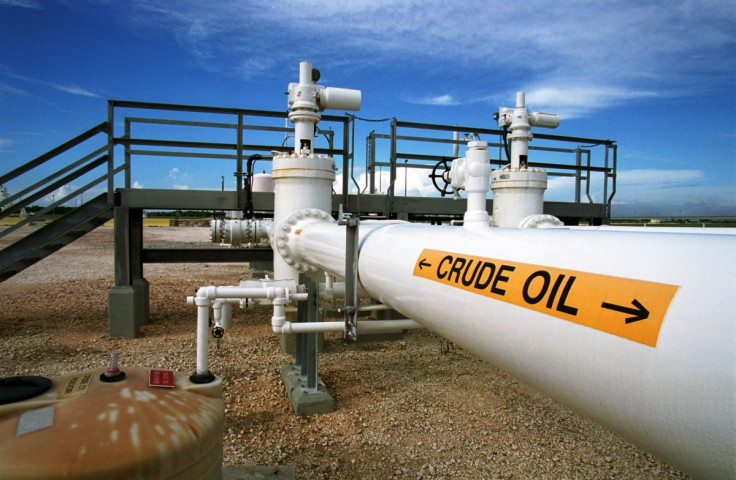Oil hits seven-year low as Iran promises further supply

Oil plunged to a near-seven year low after falling below $35 a barrel in New York on 14 December. The fall comes amid rising concern over a surge in Iranian production, with the country's crude exports on track to hit a six-month high.
Tehran is expecting international sanctions over its nuclear programme – which it has agreed to scale back – to be lifted in January 2016. Iraqi and Saudi Arabian output have reached record levels this year with additional barrels expected from Iran next year. Iran has said that it will scale up its output by an additional 500,000 barrels a day as soon as the restrictions are relaxed. "We assume that Iran will pass the IAEA nuclear inspection and (be) given the green light for sanctions to be lifted in early 2016," BMI Research said.
Oil has suffered a 14% loss in its value in December alone and could fall to an 11-year low if it continues to plunge. US benchmark West Texas Intermediate (WTI) hit its lowest level since February 2009 at $34.53 (£22.79, 31.35) a barrel before rallying to $36.34 (£23.98, 32.99) a barrel on 14 December. In December 2008, WTI traded at a crisis low of $32.40 (£21.38 , €29.41).
Iran's deputy oil minister for international and commerce affairs told Bloomberg there is "absolutely no chance" that the country will delay its plan to increase oil shipments as prices slide. Fears over a global supply glut have risen since the Organization of the Petroleum Exporting Countries (Opec) abandoned its production limits on 4 December.
"The Opec meeting has removed any last hopes of a reprieve for oil and it has added another layer of downside sentiment to commodities in general. The dam has collapsed and prices are in freefall, with devastating consequences," PVM broker, DavidHufton told the Financial Times. One London-based oil trader told the newspaper that the price effect would be "almost unthinkable" if Libyan production was ratched up.
© Copyright IBTimes 2025. All rights reserved.






















